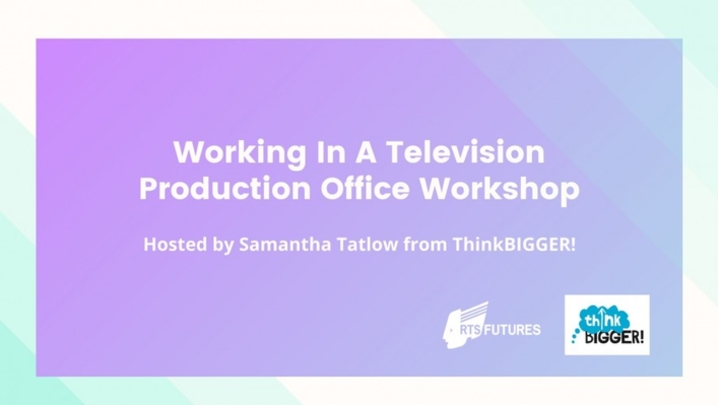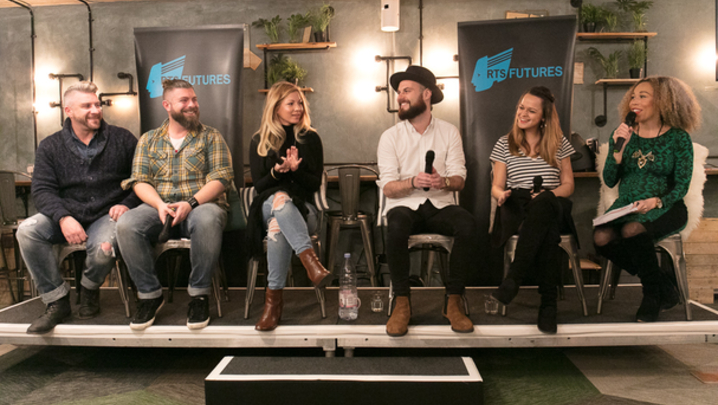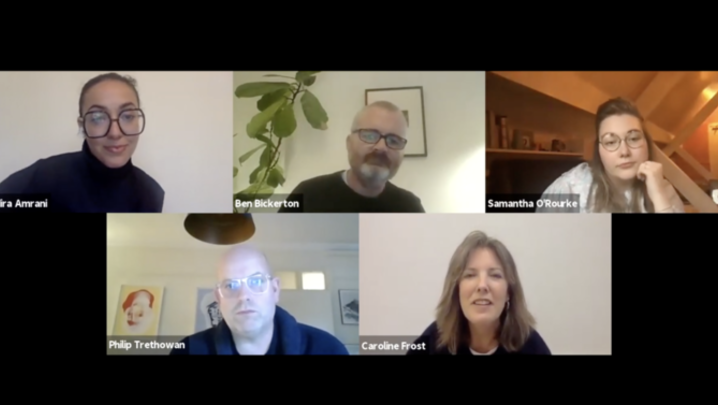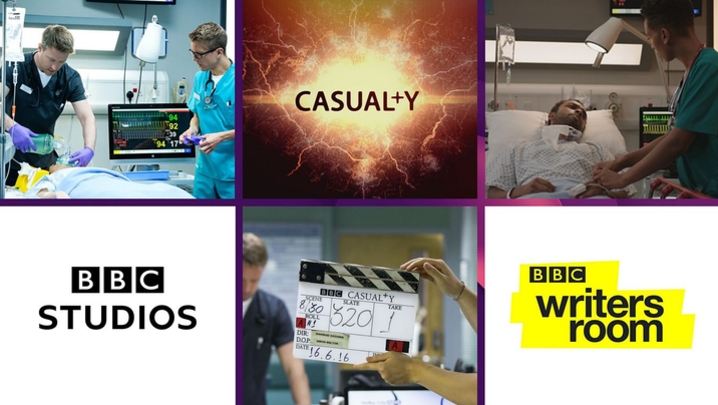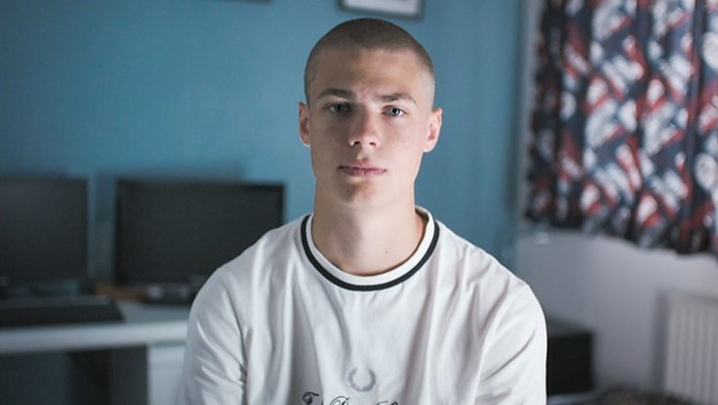“It will take a while for television to get back to what it was, but try to watch lots of television while you’re off – watch all the things the UK makes really, really well. Look for opportunities in the area you want to work in.”
Edi Smockum was offering advice on how to break into the television industry at an RTS Futures webinar in mid-May, held during the coronavirus lockdown.
The Managing Director of ThinkBigger!, which runs new entrant schemes for the independent producers’ association Pact and Channel 4, admitted that entry schemes are highly competitive. But she urged people to apply, arguing that the process of applying will help “you understand what television’s looking for”.
Smockum reckoned that, with her colleague Sam Tatlow, she reads up to 1,000 applications a year for entry schemes.
The key, she said, is to “find a way to make yourself stand out.
“Almost everybody in television is going to say they’re enthusiastic, hard-working and passionate. So, tell me what you’re enthusiastic about.
“Show me how you’ve been hard working. Tell me the jobs you’ve had and show you are a real grafter.”
Television, she continued, is “such a broad church”, with opportunities for people with different attributes; those with organisational skills, who are good with people, have an eye for a good story or possess technical skills.
“These are the things that are going to sell you more than having a media or film degree, or having done all the work experience in the world.”
Many new entrants start their television careers as a runner, the production or office dogsbody.
There are a huge number of benefits to running,” said Smockum, name-checking a few TV faces such as Dermot O’Leary, Anna Richardson and Jake Humphrey, who began at the bottom, making tea for the team.
“Running is the basis of television,” she said. “It lets you understands the industry from the bottom up. You get to see almost every aspect of a production.”
Life as a runner also alerts you to those parts of telly – the long hours and grafting –that may not appeal to all.
If it does appeal, “lots of different departments notice you. And, if they think you’re good, they’ll want you on their team.”
Smockum went on to answer a huge number of questions from people watching the RTS Futures webinar. These ranged from queries about specific telly roles to opportunities for older entrants to making connections within the industry.
She concluded: “Television is very competitive to get into but television loves talent and hard-working people – and it needs lots of them.”
The RTS Futures webinar, ‘How to get into TV – the basic basics’, was held on 11 May and produced by Edi Smockum and Sam Tatlow.



